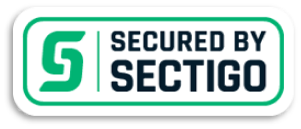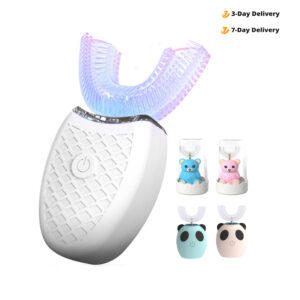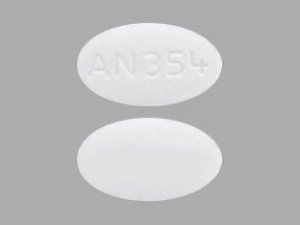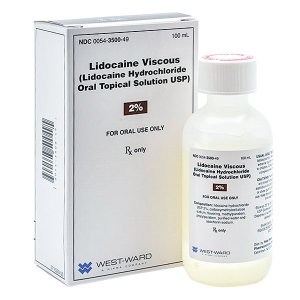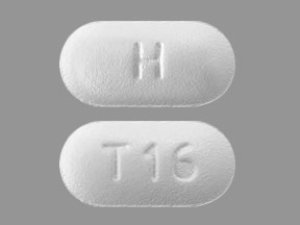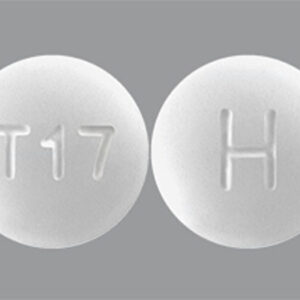FDA’s role in drug recalls
A recall may be recommended or requested by FDA or initiated voluntarily at any time by a company. FDA’s role in a recall is to oversee a company’s recall strategy and ensure adequate steps were taken to implement the recall.
FDA evaluates the effectiveness of a recall by reviewing a company’s efforts to properly notify customers and remove the defective product from the market. FDA will take additional actions to protect consumers if a recall is determined to be ineffective.
Recall classifications
FDA classifies recalls based on the degree of risk:
- Class I: These recalls are the most serious, where there is a reasonable probability that using or being exposed to the recalled drug will cause serious health consequences for a consumer. In these situations, the consequences of a patient using the drug are immediate and life threatening. A class I recall is urgent and generally involves removing the drug from the market. These recalls are generally conducted at the consumer level.
- Class II: Using the drug may cause temporary health consequences but the probability of a serious health issue is remote. These recalls are generally conducted at the retail level, and patients and consumers can continue using the medicine unless otherwise directed by the recalling company or FDA.
Information for consumers
Consumers may learn their medicine has been recalled in the news media or through notification from the manufacturer, their health care provider or their pharmacy. If your medicine has been recalled, check the lot number on the label of your medicine to see if it matches the lot number of the recalled medicine in the notification or FDA’s
Generally, class I recall notifications provide instructions with actions for patients. FDA recommends patients follow the instructions provided by the recalling company.
For class II and III recalls, consumers can generally continue taking the medicine unless the recalling company provides other instructions. In some instances, stopping your medicine may be more harmful to your health than continuing to take the recalled medicine. Talk to your doctor or pharmacist if you have questions or concerns about your medicine.
Additionally, companies may advise consumers to return recalled medications to their place of purchase. Most retailers have established return and refund policies for recalled products
Listen to FDA’s podcast for more information about understanding drug recalls.
Information for industry
Companies should be recall ready to help ensure consumer safety. Companies that are recalling a product should contact the appropriate recall coordinator.
Visit industry guidance for recalls for additional information.
Public notifications
When a company issues an announcement about its recall, the FDA posts the company’s announcement on FDA may issue a notification if the agency determines it is necessary to protect consumers.
However, not all recalls are announced on FDA.gov or in the news media. Public notification is generally issued when a product that has been widely distributed or poses a serious health hazard is recalled.
Additionally, the agency maintains a database of all recalled medicines. This information includes the recall classification and reason for the recall.
Additional information
-
Content current as of:
10/23/2025

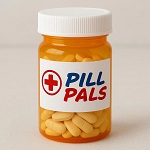 Our Pill Pass® Drug List is only $6.99 or less and Shipping is FREE!
Our Pill Pass® Drug List is only $6.99 or less and Shipping is FREE!
